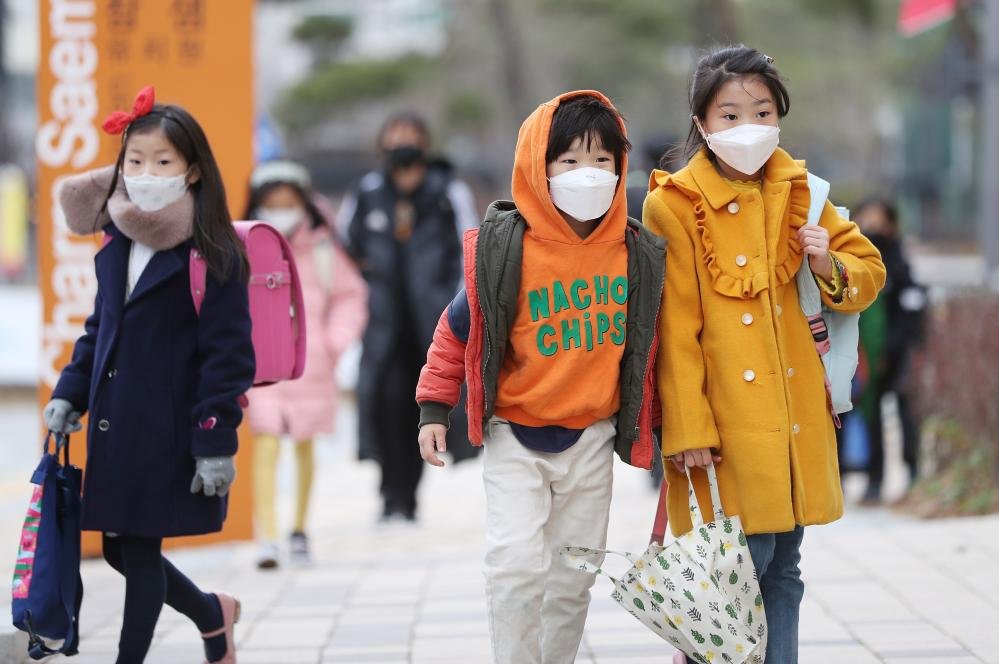
World Population Day: Raising awareness about the health and rights of women.
World Population Day is observed on July 11 every year, which seeks to raise awareness of global population issues. The event was established by the Governing Council of the United Nations Development Program in 1989. World Population Day is significant because it highlights the problems of overpopulation, raises awareness about the effects of overpopulation on the environment and development. It also talks about the health problems faced by child bearing women and the importance of family planning, gender equality, poverty, maternal health and human rights.
Condition of women’s health in India
Some facts and figures:
In 18 countries, husbands can legally prevent their wives from working; in 39 countries, daughters and sons do not have equal inheritance rights; and 49 countries lack laws protecting women from domestic violence. One in five women and girls, including 19 per cent of women and girls aged 15 to 49, have experienced physical and/or sexual violence by an intimate partner. Yet, 49 countries have no laws that specifically protect women from such violence. Women are suffering from lack of safe family planning and contraception, which is leading to unsafe abortions, maternal deaths and unwanted pregnancies.
Goal targets:
- End all forms of discrimination against all women and girls everywhere
- Eliminate all forms of violence against all women and girls in the public and private spheres, including trafficking and sexual and other types of exploitation
- Eliminate all harmful practices, such as child, early and forced marriage and female genital mutilation Recognize and value unpaid care and domestic work through the provision of public services, infrastructure and social protection policies and the promotion of shared responsibility within the household and the family as nationally appropriate
- Ensure women’s full and effective participation and equal opportunities for leadership at all levels of decision making in political, economic and public life
There has been progress over the last decades: More girls are going to school, fewer girls are forced into early marriage, more women are serving in parliament and positions of leadership, and laws are being reformed to advance gender equality.
Gender equality is not only a fundamental human right, but a necessary foundation for a peaceful, prosperous and sustainable world.









